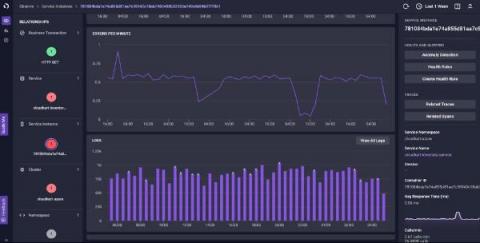Scaling Site Reliability Engineering Teams the Right Way
Most SRE teams eventually reach a point in their existence where they appear unable to meet all the demands placed upon them. This is when these teams may need to scale. However, it's important to understand that increasing team capacity is not the same as increasing the number of people on the team. Let's unpack what scaling a team is all about, what are the indicators, what are steps you can take, and how you know if you're done.















